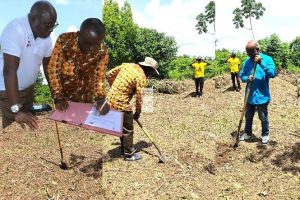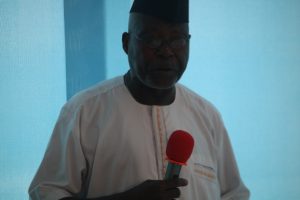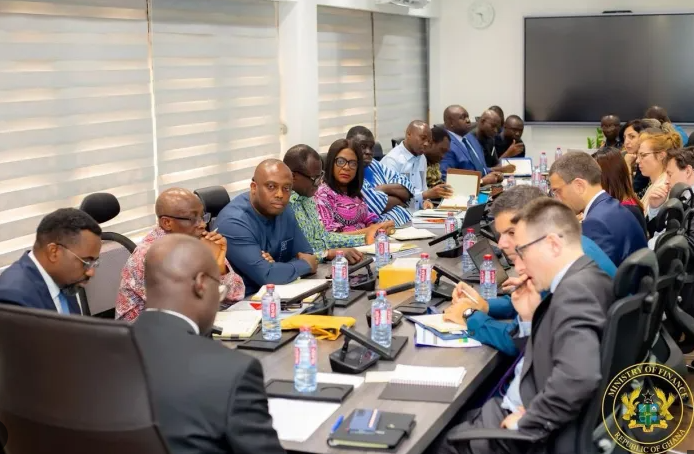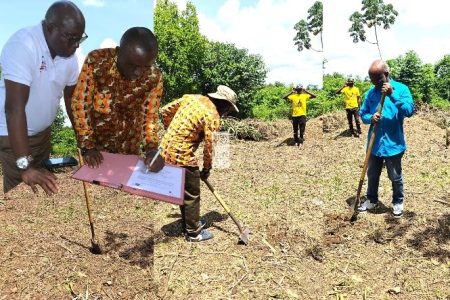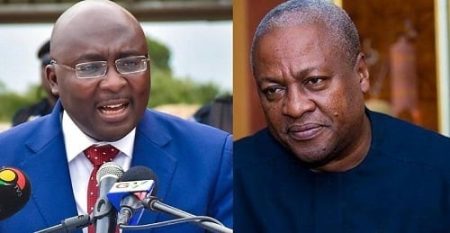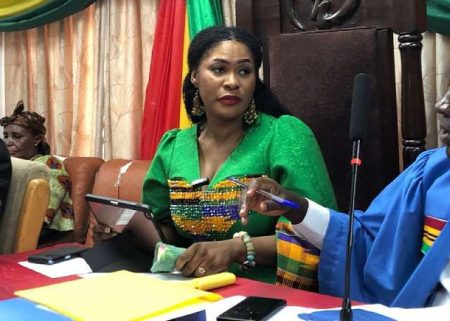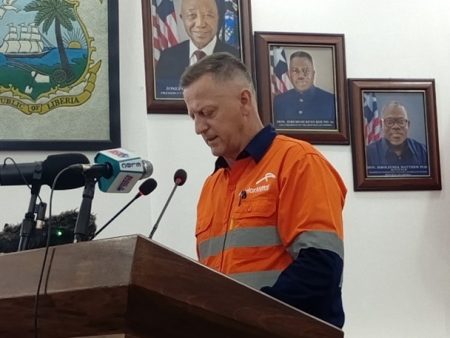Ghana’s economic recovery has significantly outperformed expectations, marked by a robust build-up of international reserves, surpassing targets set under the International Monetary Fund’s (IMF) Extended Credit Facility (ECF) program. This positive development underscores the resilience of the Ghanaian economy and the effectiveness of the ongoing structural reforms implemented under the program. The IMF’s recent completion of the fourth review of Ghana’s US$3 billion, 36-month ECF arrangement has paved the way for an immediate disbursement of approximately US$367 million, bringing the total disbursements to about US$2.3 billion since the program’s inception in May 2023. This injection of funds further strengthens Ghana’s financial position and reinforces its commitment to the reform agenda.
The surprising resilience of Ghana’s economic activity in 2024 and early 2025 has been a key driver of this positive performance. Key sectors, including mining, agriculture, information and communications technology (ICT), manufacturing, and construction, experienced stronger-than-projected growth. This broad-based growth, coupled with favorable external factors, has propelled Ghana’s economic recovery beyond initial projections. The external sector has also played a crucial role, with robust gold exports, rising oil earnings, and increased remittances from the diaspora significantly bolstering inflows. These positive trends have contributed to the rapid accumulation of international reserves, exceeding expectations and providing a crucial buffer against external shocks.
This remarkable accumulation of reserves is evident in the significant increase in Ghana’s Gross International Reserves (GIR), which reached US$10.7 billion by April 2025, up from US$9.0 billion at the end of December 2024. This level of reserves provides cover for approximately 4.7 months of imports of goods and services, a substantial improvement from the 4 months of import cover at the end of the previous year. The significance of this achievement is further underscored by the increase in Net International Reserves (NIR), a key benchmark under the IMF program. NIR surged by US$1.5 billion to reach US$3.4 billion in April 2025, significantly exceeding the end-June 2025 program target of US$493 million. This substantial overperformance demonstrates Ghana’s commitment to prudent fiscal management and its ability to effectively leverage the ECF program.
President John Dramani Mahama’s announcement on July 7, 2025, further highlighted the scale of Ghana’s recovery. The President revealed that the country now holds enough reserves to cover approximately six months of imports, well above the internationally recognized minimum threshold of three months and substantially higher than the 4.7 months indicated by the IMF’s April figures. This enhanced import cover provides a significant cushion against external vulnerabilities and reinforces Ghana’s macroeconomic stability. The timing of this reserve accumulation is particularly crucial as it strengthens Ghana’s buffers amidst ongoing structural reforms, providing the necessary resilience to navigate potential challenges and sustain the positive momentum.
While commending Ghana’s progress, the IMF emphasized the importance of maintaining policy discipline and continuing the implementation of broad-based structural reforms. Sustaining fiscal discipline, strengthening public financial management, and continuing the momentum in areas such as debt restructuring, energy sector reform, and revenue mobilization are crucial for consolidating the gains achieved and ensuring long-term macroeconomic stability. These reforms are essential for creating a more resilient and sustainable economic environment that can withstand future shocks and support inclusive growth.
Looking ahead, the next phase of Ghana’s recovery hinges on continued commitment to these policy priorities. Deepening structural reforms, particularly in public financial management, energy sector reform, and revenue mobilization, will lay the foundation for sustained economic growth and transformation. By maintaining its commitment to fiscal discipline and implementing comprehensive structural reforms, Ghana can build on the significant progress achieved and pave the way for a more prosperous and resilient future. The continued support of the IMF through the ECF program remains vital in this process, providing crucial financial resources and technical expertise to support Ghana’s reform agenda.


